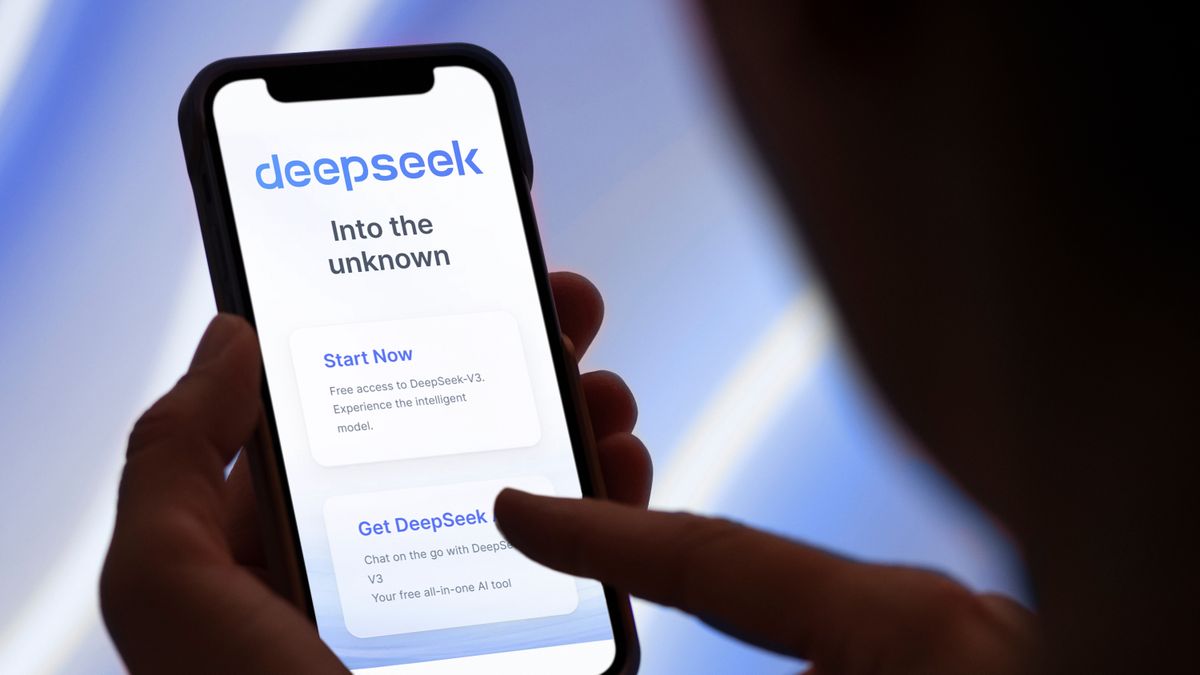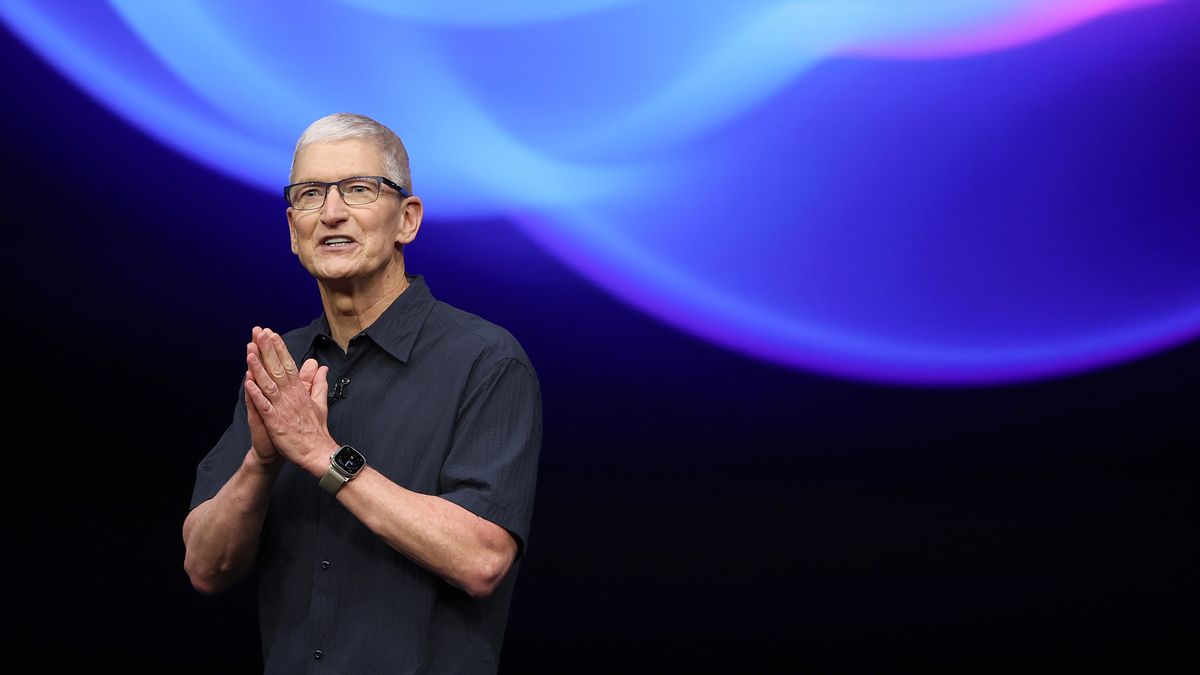- From obscurity to global fame, DeepSeek’s rise spooks global giants
- It now sits in second position behind OpenAI’s ChatGPT
- DeepSeek’s 24-hour reign as the top AI term sparked market chaos
On January 28, DeepSeek R1, a mere eight days old at the time, became the world’s most popular AI term on Google Trends for 24 hours.
It surpassed well-known AI terms such as ChatGPT, Llama, Gemini, and CoPilot, capturing global attention and causing unprecedented volatility in stock markets.
This sudden rise sent shockwaves through stock markets, particularly affecting shares of major companies like Nvidia and ASML, which saw significant declines. The fear among investors regarding DeepSeek’s “disruptive” potential led to massive sell-offs, resulting in billions lost across various sectors in a single trading day. Nvidia was hit the most, suffering a record-breaking $600 billion share price drop.
DeepSeek now second but remains popular
After its 24-hour rise, ‘DeepSeek R1’ has now dropped to second position behind just ChatGPT in many territories, but remains top in Russia and unsurprisingly, China.
Deepseek’s global popularity is still growing. According to Similarweb, within a few days, the global daily visits to DeepSeek doubled from 6.2 million to 12.4 million while downloads on Google Play Store now exceed 10 million.
DeepSeek R1 has gained popularity not just for its performance but also for its remarkably low development costs, reportedly around $6 million, compared to the billions spent by its US counterparts Nvidia, Google and OpenAI.
What’s more striking is that, in many cases, it outperforms ChatGPT, challenging the status quo in the AI tech industry.
Nevertheless, as DeepSeek’s popularity rises, so do its woes. Several countries have taken significant steps to restrict or ban its use, citing concerns over data privacy and national security.
As of February 2025, Taiwan has banned government agencies and critical infrastructure from using DeepSeek. Italy’s Data Protection Authority has blocked DeepSeek from mobile app stores, while the U.S. Navy has banned its personnel from using the app.
Other countries, including South Korea, Ireland, France, Australia and the Netherlands are also reportedly considering further action.





